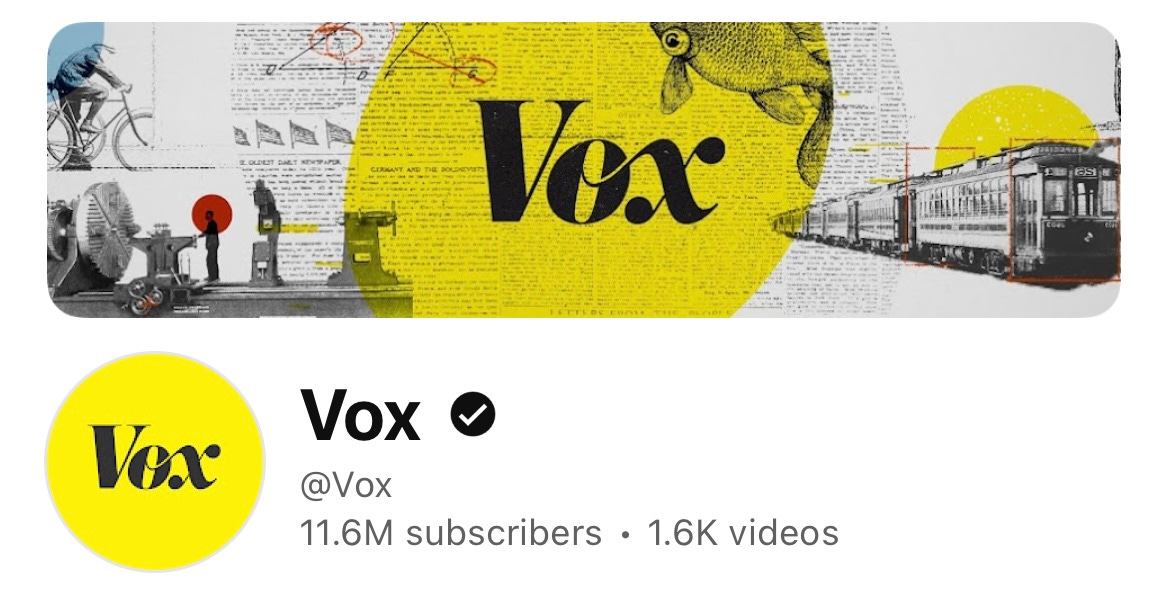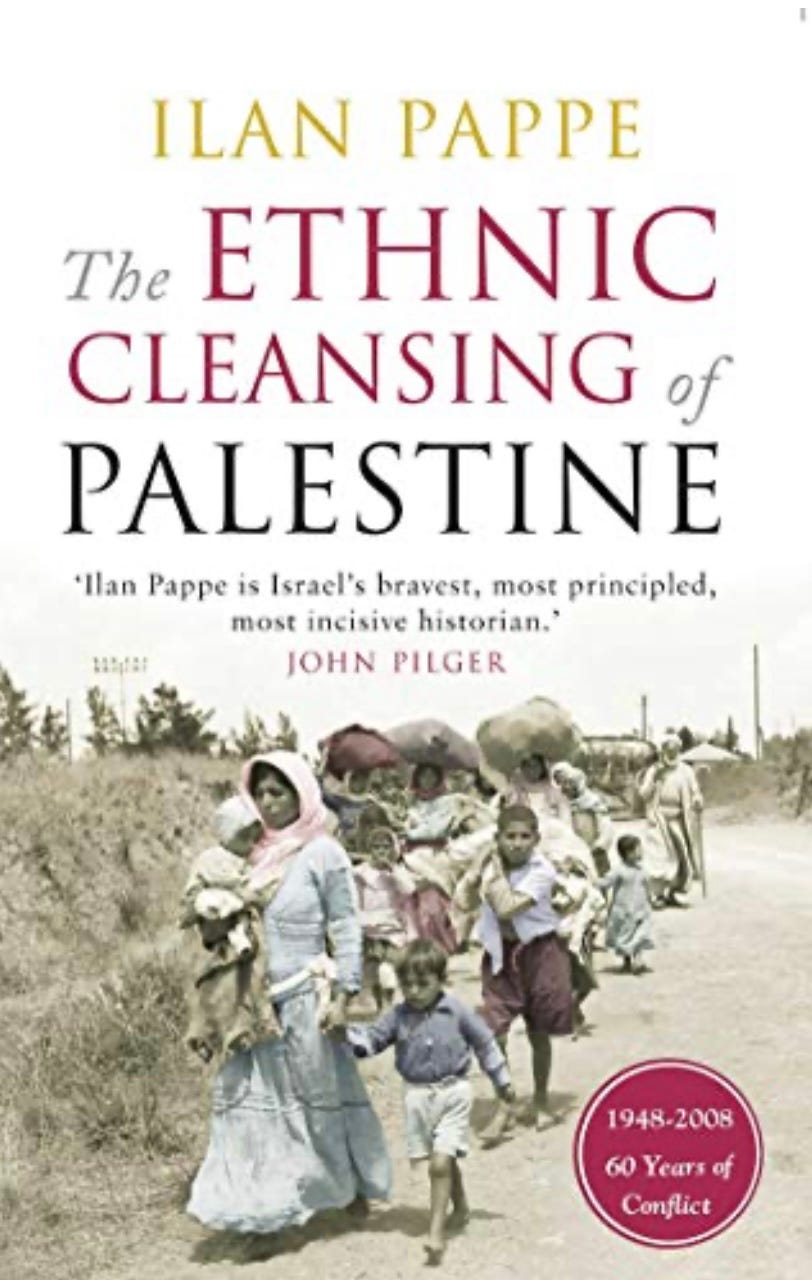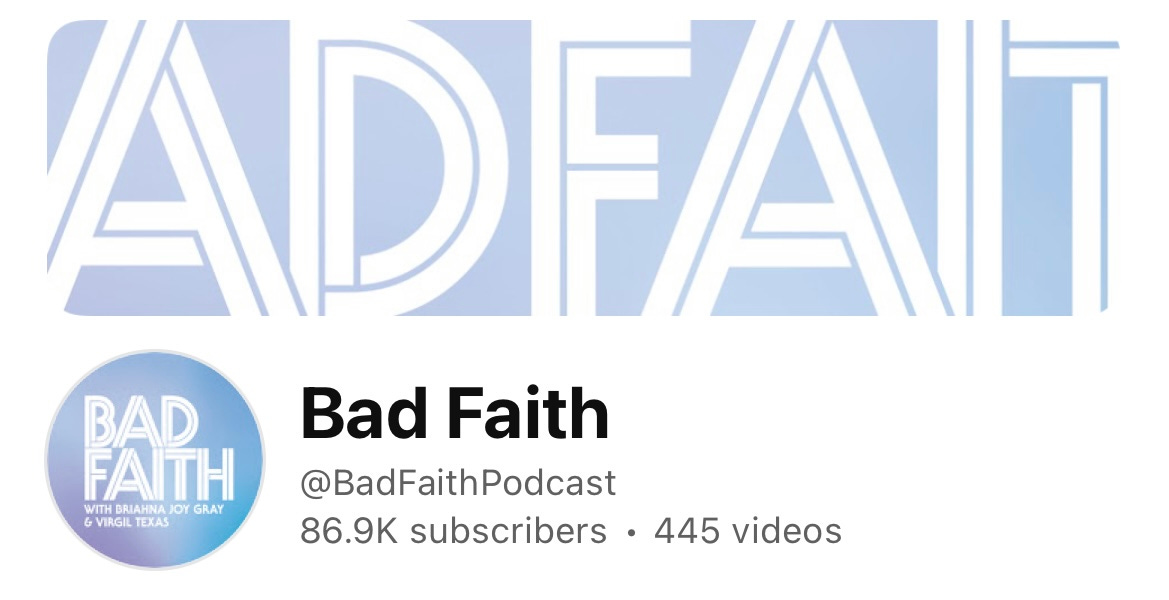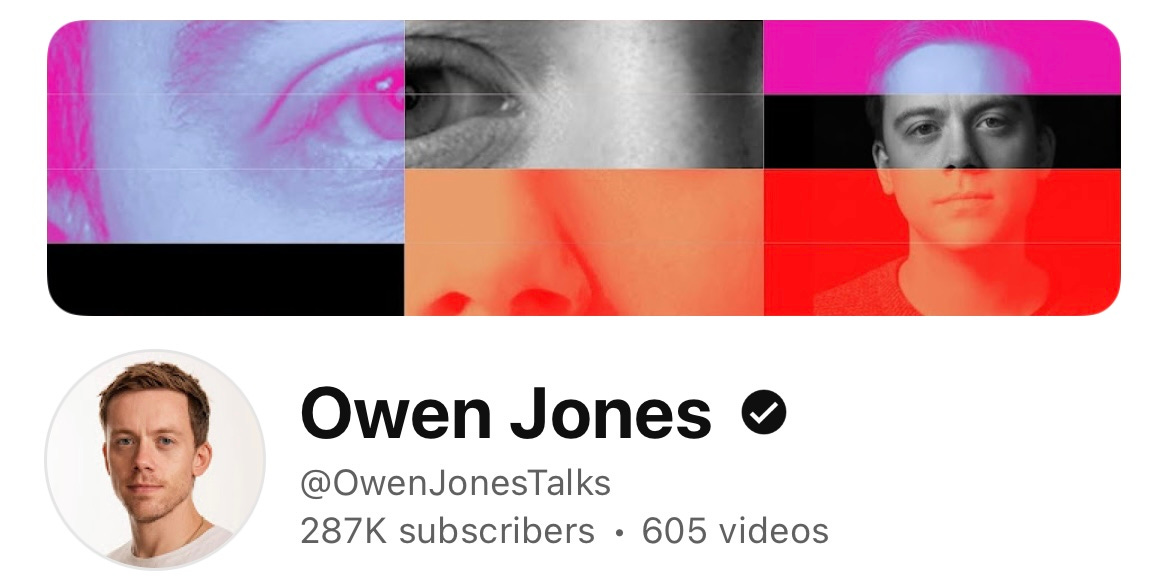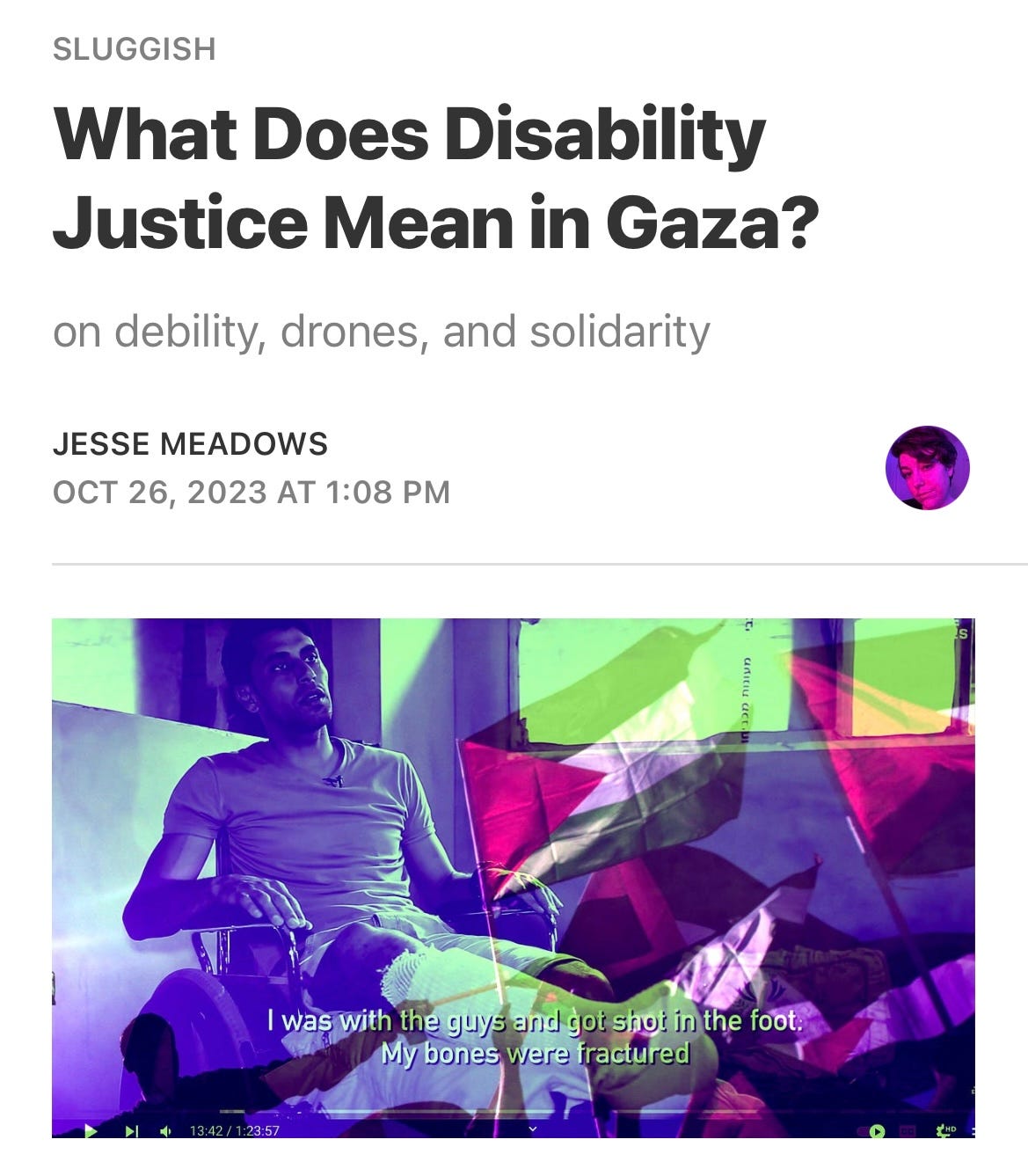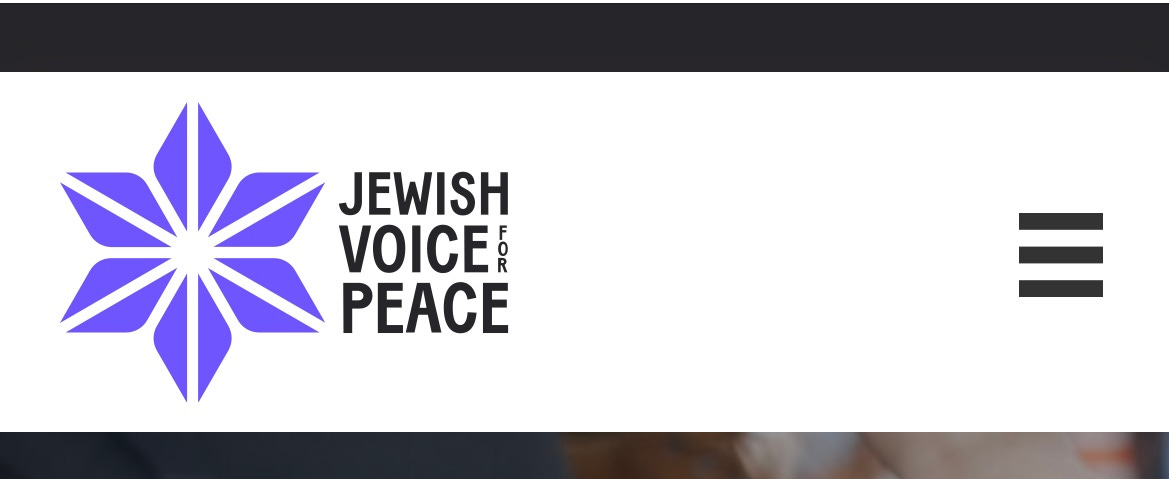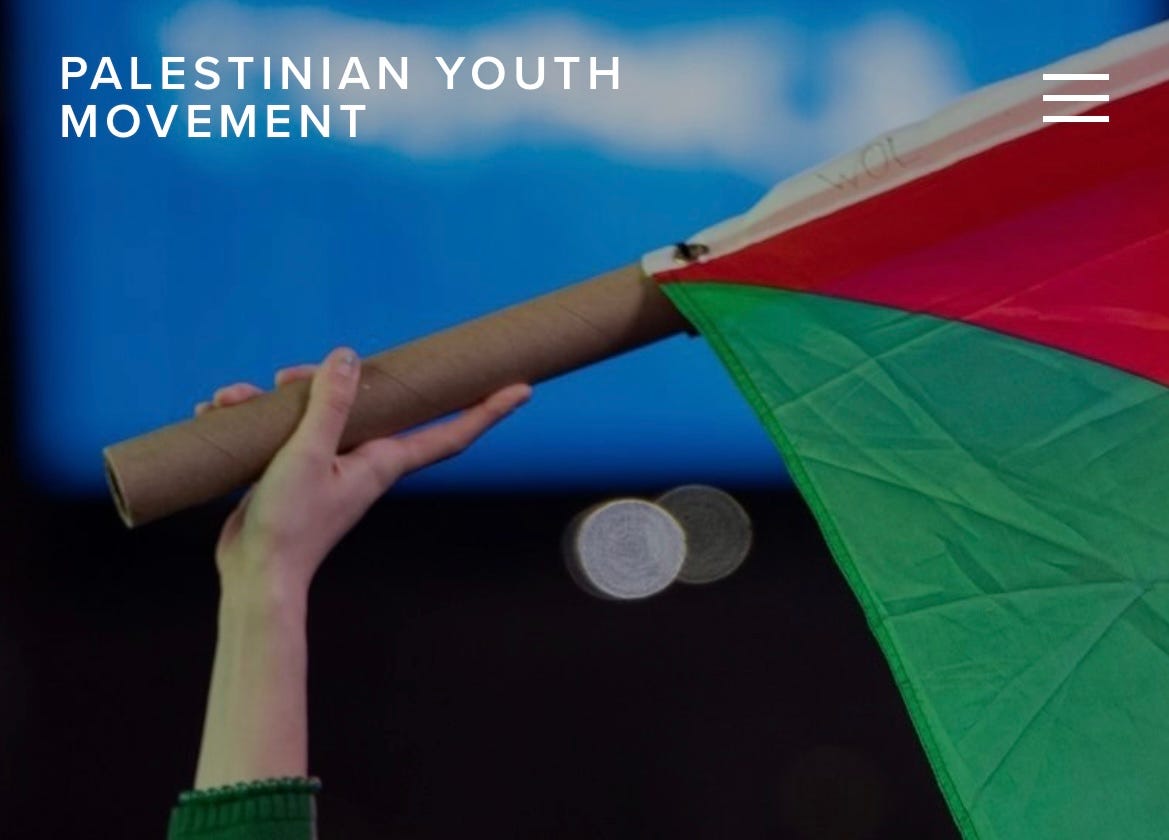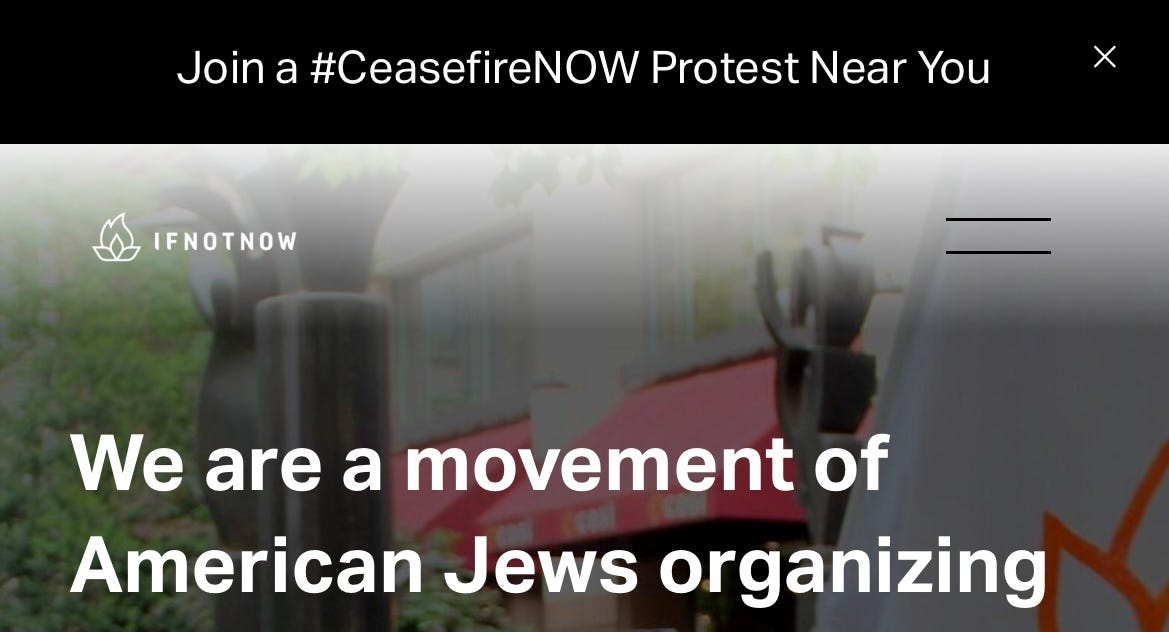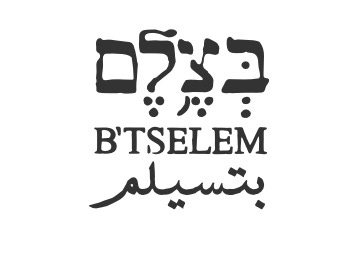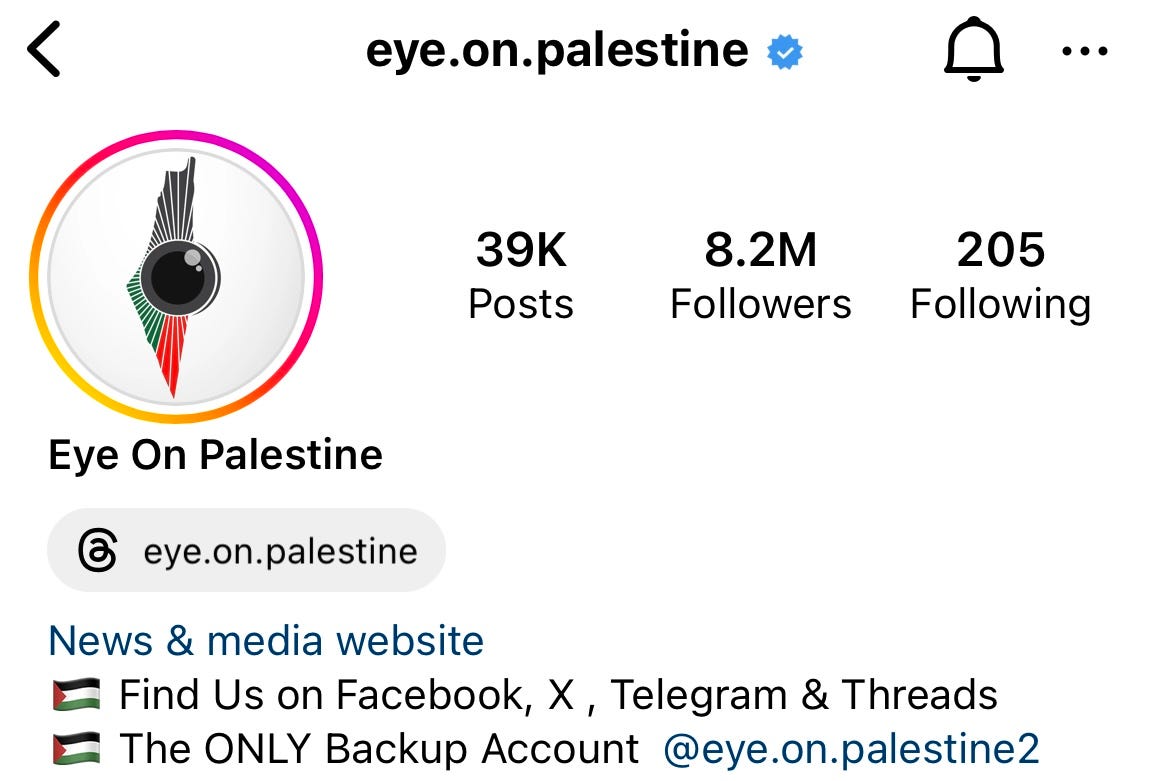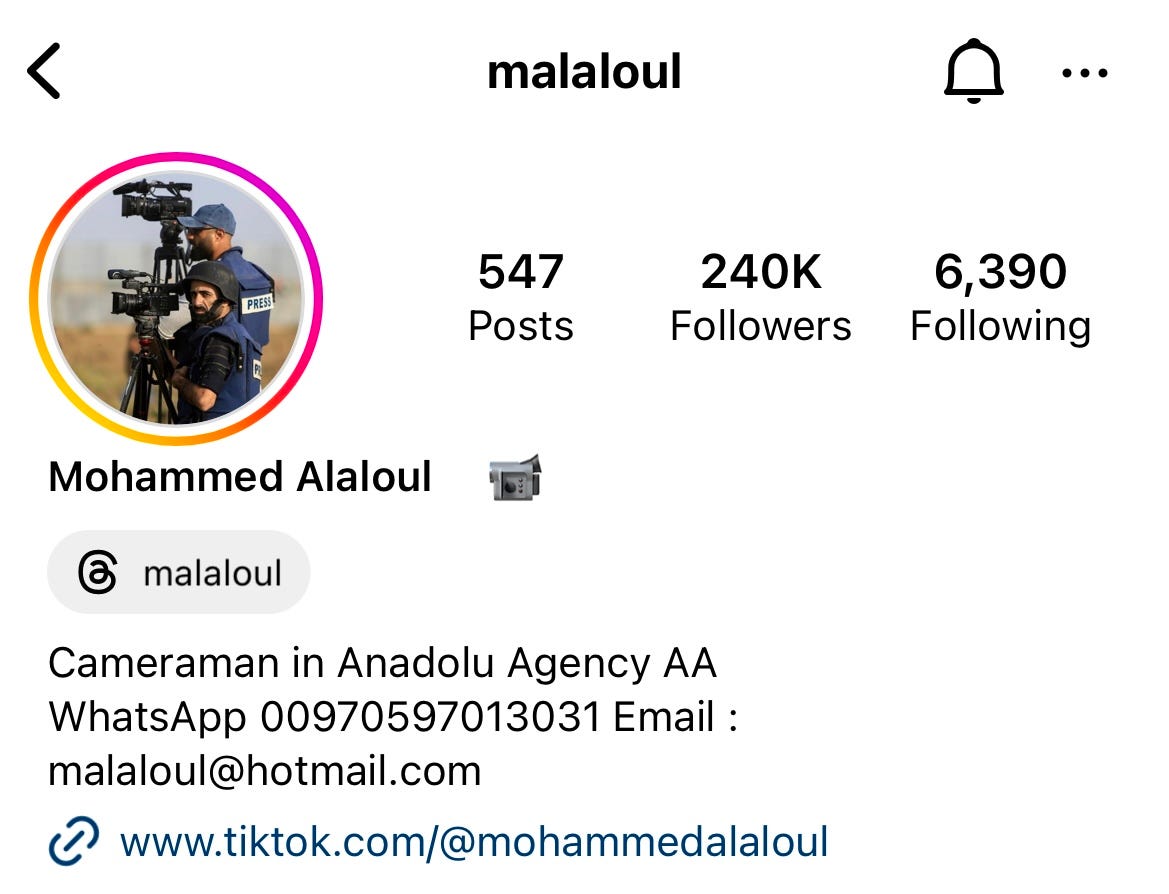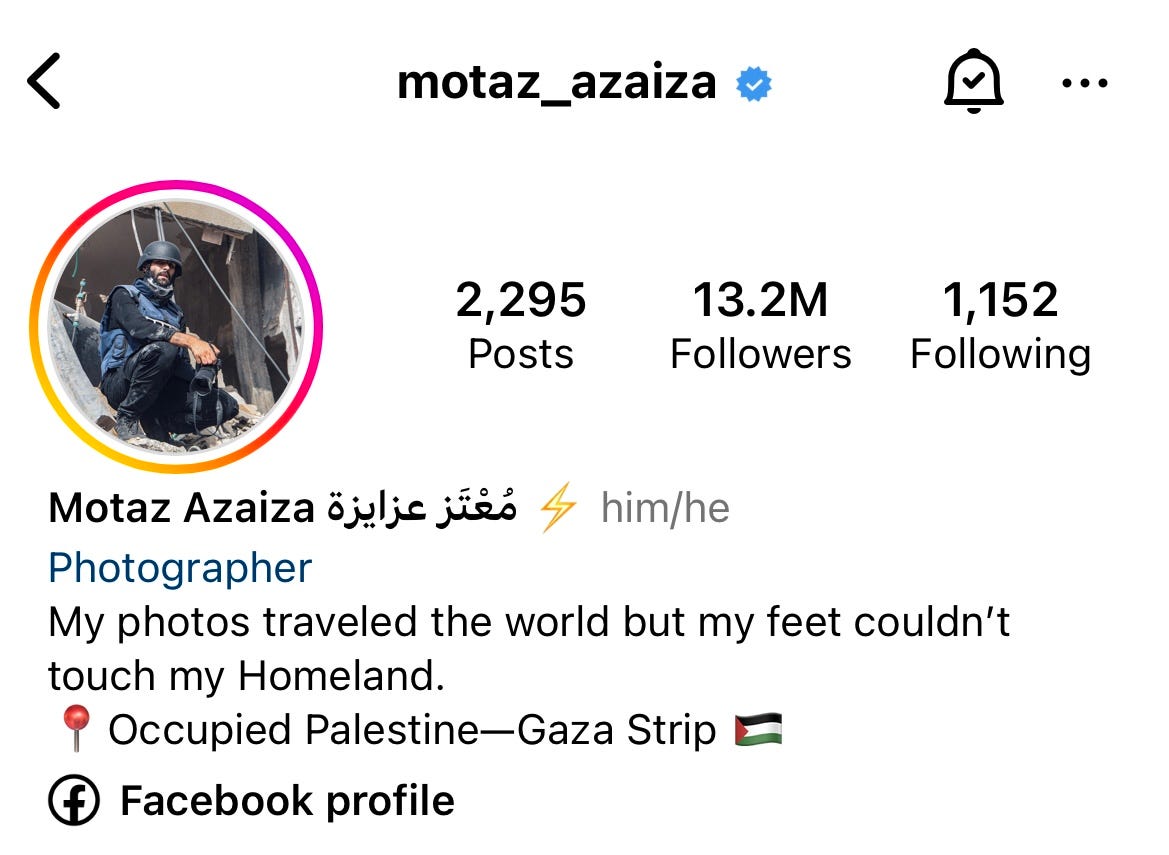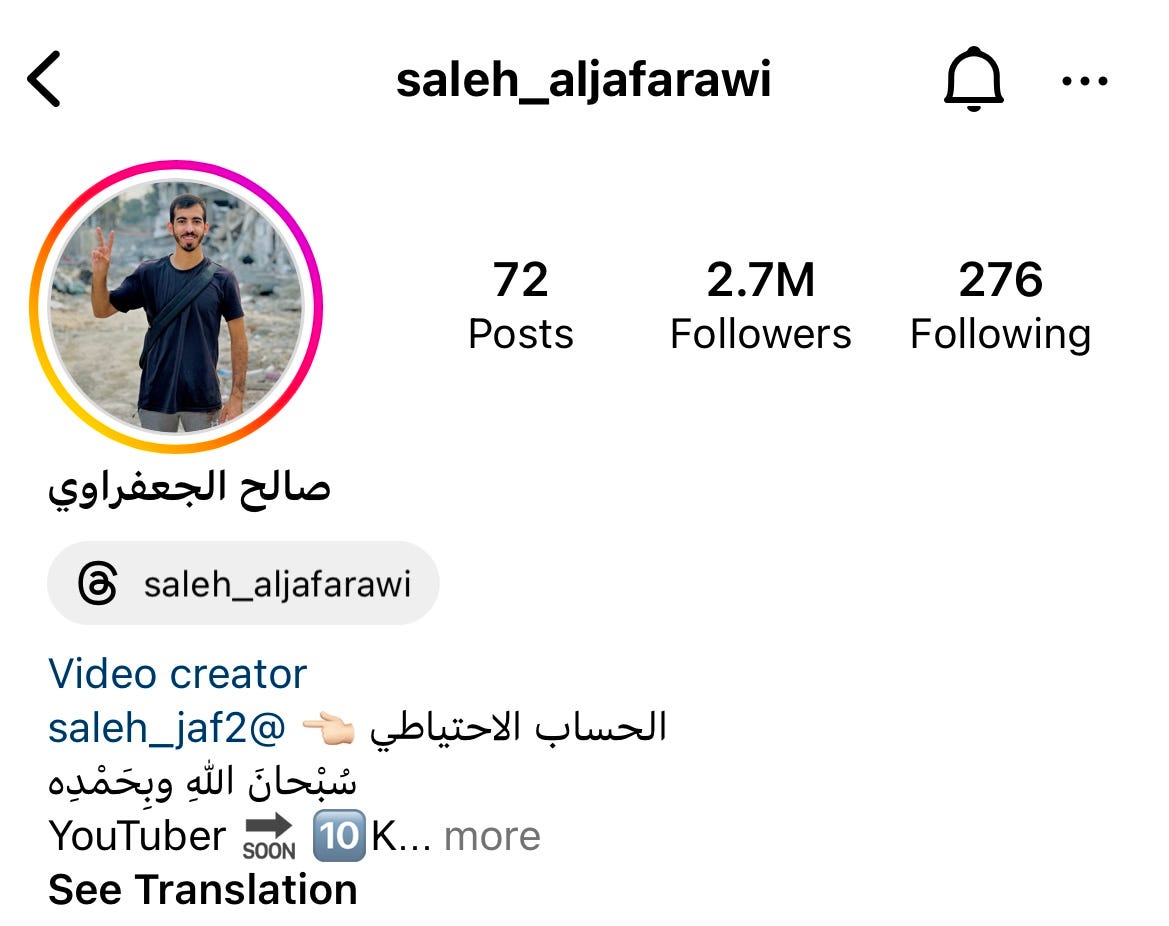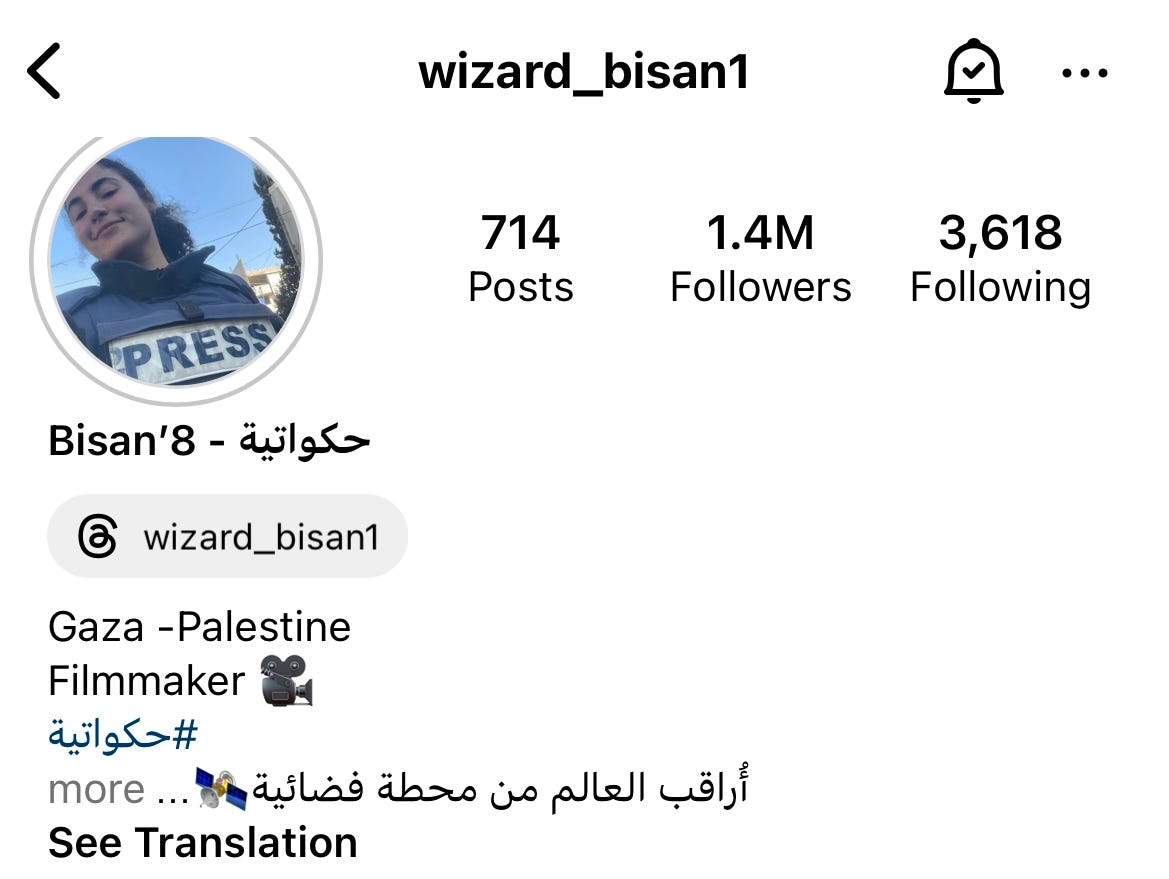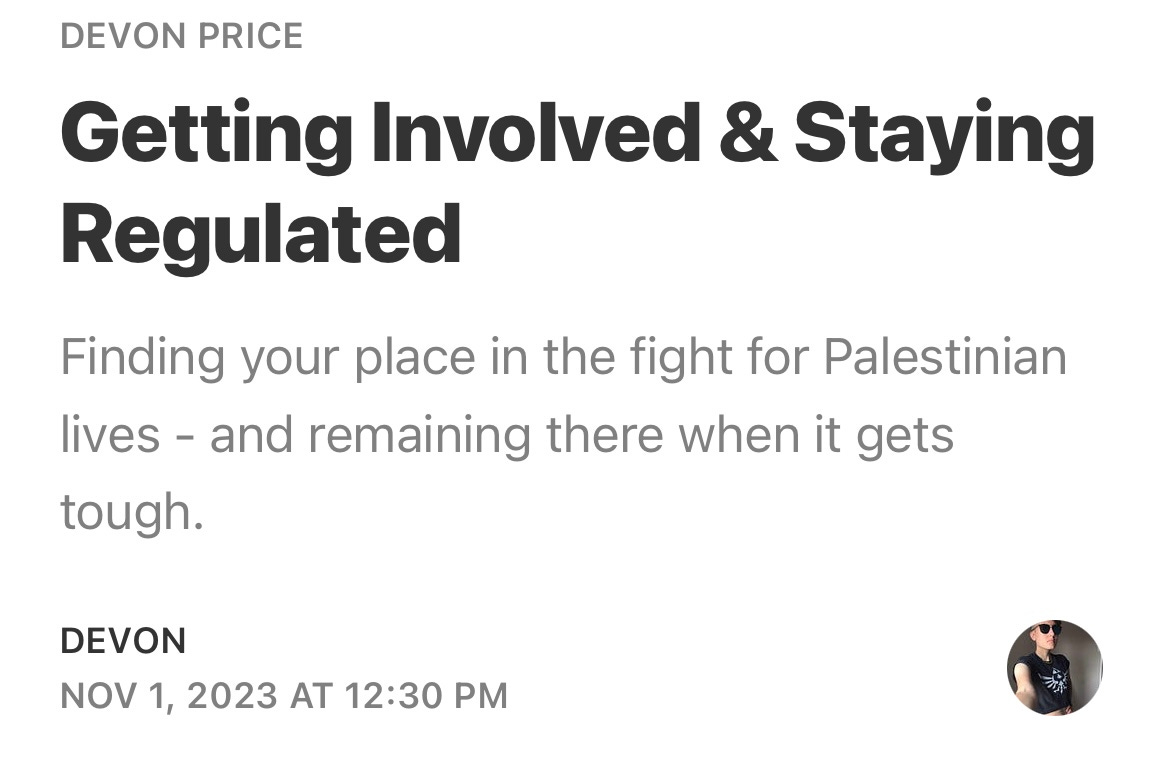Some Resources on Gaza
and a little personal update
In 1986, as a senior Peace and Global Studies Major at Earlham College, I participated in a foreign study program in Israel/Palestine. Based in the Christian quarter of the Old City of Jerusalem, we had mini-courses in language, culture, history, geography, and politics from professors at both Hebrew University in Israel and Birzeit University in the West Bank. We also spent time on an Israeli kibbutz and in Palestinian villages during the olive harvest. We had meals and house visits with both Palestinian and Israeli families. We traveled throughout Palestine on a bus, learning about history and geography. Before the program started, we read a long list of books in the history and politics of the region.
The first intifada began the next year, and things are exponentially different in Palestine now than when I was there. There were no walls then, few border checks (at least not for a white American woman), and many fewer settlements. We regularly hopped into taxi’s from Jerusalem to Ramallah in the West Bank. There was no fence around Gaza. Even so, the stories of the Palestinians we met were haunting: stories of deaths, imprisonment, the demolition of homes, and of course, the Nakba (“catastrophe”).
When I was there, the state of Israel was 40 years old, and we spoke with many who had experienced the Nakba first hand, who would drive us by their former farms and villages and point to significant places and share memories.
I’m sorry to say that I did not have the spoons and fortitude and courage to actively keep up with events in Palestine over the subsequent decades. But I am now following the catastrophe—the genocide—that is unfolding in Palestine in real time, and I am vowing never to look away again.
What I can do is limited, and that is ok. We all need to do what we can sustainably do. A flash of activism that burns out like a bomb exploding over Gaza is not going to help anyone in the long run.
What I feel especially equipped to offer right now is a vetted list of resources that may be helpful to people who really have no idea what this is all about, and feel overwhelmed and confused.
I want to emphasize that there is nothing thorough or complete about this list, because time is of the essence and we must not let perfectionism prevent us from acting. This is simply a list of places that I and a few trusted people draw from regularly, and a few specific sources that I have found helpful, for information and analysis.
This is almost certainly not a list of the BEST resources out there, but what I can say with confidence is 1) they are largely accessible in format and can serve as a good beginning place if you know very little; 2) I have watched/read them all; and 3) I have vetted these specific sources (and to the best of my ability the individuals/media platforms) to make sure they are not antisemitic or Islamophobic. Of course, definitions of both are quite contested right now, and different people have different triggers/reactions to different phrases/images, etc, but I have made a good-faith effort not to include anything that creates or perpetuates harm.
I should also say that I do not accept wholesale all of the opinions of all of the people/platforms presented here, but the specific sources I am offering about Palestine I can endorse.
These sources come from some of my own go-to sites for news and analysis, but also include sources recommended to me (and then independently vetted by me) from a several trusted people in my life.
The list is broken into several sections and includes links to everything:
BASIC BACKGROUND
NEWS, ANALYSIS, and COMMENTARY
ACTIVIST ORGANIZATIONS
REPORTING ON THE GROUND IN GAZA
RESOURCES FOR DISABLED ACTIVISTS
I’m sure there is something here to offend just about everyone, and I acknowledge unapologetically that this list is not “balanced” and makes no effort at “bothsideism” because there are never “two sides” to genocide; and not only is the current slaughter in Gaza clearly and incontrovertibly a genocide, but as the Israeli historian Ilan Pappé has said, the entire history of the Palestinian people since 1948 has been an “incremental genocide.” So that is my perspective, loud and clear.
Having said that, I rely on several Jewish/Israeli sources in this list and continue to be incredibly moved and inspired by so many Jews who literally have skin in the game—like trauma in their bones from families decimated in the Holocaust and European pogroms; and even, in the case of one friend, the grief and trauma of having lost a family member (a child) in the Hamas slaughter of 7 October—who remain steadfast, fierce, and active, despite their grief (and virulent and vicious attacks and threats), to embody and enact their fundamentally Jewish ethic of “all for all,” and “not in our name.”
I will not be adding to or revising this list any time soon, both because it is designed to be short and manageable, but also because I am having some pacemaker complications and must have that procedure redone on Monday, 13 November. The first time round was a pretty awful experience, and while at least this time I know better how to advocate for myself, I expect to be down for the count for at least a few weeks. But this is a marathon, not a sprint, and I intend to find sustainable ways to stay in the fight for Palestinian liberation for as long as it takes, and I encourage you to do the same.
Love and Solidarity,
Marta
BASIC BACKGROUND
Vox
WHERE: Watch here on YouTube: https://youtube.com/@Vox?si=dJPX7OiZo6Gm5e1l
WHAT: VOX makes videos about all sorts of things, including a number with historical explanations about Palestine. These have been referred to me by other sources I trust, and the two listed below I have watched myself and believe, based on my own study of the history of Palestine/Israel, offer accurate background in a way that is accessible to folks who know very little of the history of the current catastrophe in Gaza:
How Palestinians were expelled from their homes
A basic primer on what Palestinians call the Nakba, or catastrophe.
Gaza, explained
A basic primer on the history of Gaza (age restricted because …. I guess ethnic cleansing is intrinsically upsetting? Fwiw, there are no explicitly gruesome images).
BBC, Gaza Strip in maps: Life in Gaza under siege
WHERE: https://www.bbc.com/news/world-middle-east-20415675
WHAT: In general, mainstream Western media is not a reliable source of information about the history of the Middle East, or even of accurate reporting on the current situation. So I was pleasantly surprised to find this article at the BBC that very graphically, through maps and images, depicts what is happening in Gaza.
Ilan Pappe, The Ethnic Cleansing of Palestine
WHERE: You can find this book on Amazon at https://www.amazon.com/Ethnic-Cleansing-Palestine-Ilan-Pappe-ebook/dp/B00KT5W342 or at your local
independent bookseller.
WHO: “Ilan Pappé (1954) is an expatriate Israeli historian and political scientist. He is a professor with the College of Social Sciences and International Studies at the University of Exeter in the United Kingdom, director of the university's European Centre for Palestine Studies, and co-director of the Exeter Centre for Ethno-Political Studies. Pappé is one of Israel's New Historians who, since the release of pertinent British and Israeli government documents in the early 1980s, have offered an unconventional view of Israel's creation in 1948….In 2023, he described Israel as committing an ‘incremental genocide’ of the Palestinian people” (from Wikipedia).
WHAT: I heard of this book from the Bad Faith podcast interview with Miko Peled (see below), and am only part way through it. I feel I have read enough to be comfortable that Pappé is a legit historian, and that he makes a compelling argument that the Nakba (catastrophe) in which at least three quarters of a million Palestinians were driven from their ancestral homelands in 1948 can very much be understood through the more contemporary lens of “ethnic cleansing,” especially as that concept has been developed since the Yugoslav Wars of the 1990’s. Pappé writes: “In this book, I want to explore both the mechanism of the 1948 ethnic cleansing, and the cognitive system that allowed the world to forget, and enabled the perpetrators to deny, the crime the Zionist movement committed against the Palestinian people in 1948. In other words, I want to make the case for the paradigm of ethnic cleansing and use it to replace the paradigm of war…” (20).
NEWS, ANALYSIS, AND COMMENTARY:
Bad Faith Podcast with Brianna Joy Gray
WHERE: Watch here on YouTube:
https://youtube.com/@BadFaithPodcast?si=8NkB7QBcLUlkhSQg
or listen wherever you listen to podcasts.
WHO: “Briana Joy Gray is an American political commentator, lawyer, and political consultant who served as the National Press Secretary for the Bernie Sanders 2020 presidential campaign” (from Wikipedia). I don’t agree with Brianna on everything, but she very much challenges my thinking in good ways, and she is an incredibly talented interviewer.
WHAT: A few recent episodes about Palestine and Gaza that I have watched and can recommend:
Hamas’ strategy in Gaza EXPLAINED (w/Mark Lamont Hill)
Mark Lamont Hill is a journalist and academic (and owner of my neighborhood bookstore/coffee shop Uncle Bobbie’s) who was fired from CNN for using the phrase “from the river to the sea” in a speech at the UN arguing for the liberation of Palestine. He has been doing this work for a long time and knows the history inside and out. In this interview he talks about interviews in which he presses both Hamas and Israeli spokesmen about their respective atrocities.
Does Israel Have a Right to EXIST? (w/ Miko Peled)
Miko Peled is the author of The General’s Son: Journey of an Israeli in Palestine, in which he recounts his transformation from the son of an Israeli general (and grandson of a signer of the Israeli Declaration of independence and nephew of an Israeli prime minister) to an anti-Zionist activist. This interview is important and enlightening, and while I have not yet read his book, he introduced me to the Israeli historian Ilan Pappe whose book I am now reading.
The Owen Jones Show (and Podcast)
WHERE: Watch on YouTube:
https://youtube.com/@OwenJonesTalks?si=Rg2zvtqMIGqNGTHZ
or listen wherever you listen to podcasts.
WHO: “Owen Jones is a British newspaper columnist, political commentator, journalist, author, and left-wing activist” (from Wikipedia). I try to stay abreast of left-wing politics in the UK, and Owen Jones is one of my favorite commentators; he loathes the Tories but is also deeply critical of the neoliberal Starmer wing of the Labour Party.
WHAT: A few recent episodes about Palestine and Gaza that I have watched and can recommend:
GENOCIDE: UN Official RESIGNS With Bombshell Warning
There’s a lot of contention these days about whether “genocide” is an appropriate term to use for what is happening right now in Gaza. I found this a helpful and persuasive look into why the catastrophe in Gaza is most certainly a genocide.
Establishment SMEARS Jewish Pro-Palestinian Activists
In this interview with a Jewish peace activist, we learn the threats and antisemitism faced by Jewish anti-Zionist activists. I have been watching this unfold in real time as I watch a British anti-Zionist Jewish friend of mine smeared as “not a real Jew” and a “Judenrat” for his fierce, principled, and brave activism even as he grieves the murder of his young and beloved nephew in the Hamas attacks of 7 October.
Electronic Intifada
WHERE: You can read The Electronic Intifada at
https://electronicintifada.net/
WHAT: “EI is an online Chicago-based publication covering the Israeli-Palestinian conflict. It describes itself as not-for-profit, independent, and providing a Palestinian perspective” (from Wikipedia).
I have only perused this online magazine, and read enough reviews to believe it is legit, but it was recommended by a very trusted source, and it seems to offer a good overview of news, analysis, and personal commentary from both inside and outside of Palestine.
Jesse Meadows, What Does Disability Justice Mean in Gaza? on debility, drones, and solidarity
WHERE: You can read this article for free on Jesse’s Substack, Sluggish:
WHO: Jesse Meadows (who, full disclosure, is a good friend of mine) writes the Substack Sluggish, “about embracing the slow, the weird, and the squished underfoot.” Jesse “write[s] about the politics of mental illness, the narratives that shape our dis-order, and the culture that makes our brains.“
WHAT: This piece is one of the best analyses I’ve seen about the connection between disability justice and the current catastrophe in Gaza.
ACTIVIST ORGANIZATIONS:
Jewish Voices for Peace
WHERE: You can find JVP at their website,
https://www.jewishvoiceforpeace.org/
and their Instagram, https://instagram.com/jewishvoiceforpeace?igshid=MXNnOTVkbzk1a3c0NQ==
WHAT: JVC’s Philly chapter was a major organizer of the recent action of civil disobedience in Philadelphia’s 30th Street train station, where numerous activists were arrested (not including me, though I was there).
From the JVP website: “We envision a world where all people — from the U.S. to Palestine — live in freedom, justice, equality, and dignity. Like generations of Jewish leftists before us, we fight for the liberation of all people. We believe that through organizing, we can and will dismantle the institutions and structures that sustain injustice and grow something new, joyful, beautiful, and life-sustaining in their place… JVP was the first major Jewish peace group to demand that U.S. military aid be withheld until the Israeli government ends its occupation. We also are the only major progressive anti-Zionist Jewish group, and the only major Jewish group to support the Palestinian civil society call for boycott, divestment, and sanctions.”
Palestinian Youth Movement
WHERE: You can find PYM’s website at
https://palestinianyouthmovement.com
and their Instagram at https://instagram.com/palestinianyouthmovement?igshid=em1teXR3M2Z2ZnBn
WHAT: I’ve been following this group on IG for awhile, and it’s an excellent resource to find out about actions all over the US and Canada.
From the PYM website: “The Palestinian Youth Movement (“PYM”) is a transnational, independent, grassroots movement of young Palestinians in Palestine and in exile worldwide as a result of the ongoing Zionist colonization and occupation of our homeland. Our belonging to Palestine and our aspirations for justice and liberation motivate us to assume an active role as a young generation in our national struggle for the liberation of our homeland and people. Irrespective of our different political, cultural and social backgrounds, we strive to revive a tradition of pluralistic commitment toward our cause to ensure a better future, characterized by freedom and justice on a social and political level, for ourselves and subsequent generations.”
If Not Now
WHERE: You can find If Not Now at their website,
https://www.ifnotnowmovement.org/
, and their Instagram, https://instagram.com/ifnotnoworg?igshid=MTNneHJwem1odTk5.
WHAT: The Philly chapter of If Not Now was also an organizer of the recent action of civil disobedience in Philadelphia’s 30th Street train station, where numerous activists were arrested (not including me, though I was there). An excellent resource to find out about actions all over the US.
From the If Not Now website: “We speak powerfully and act publicly to call American Jews into action: in the streets, in our communities, and in our politics. To do this, we must take a firm, loving approach to transform our Jewish communities to fight for a vision of Jewish liberation: which means our safety does not come at the expense of others, but is bound with the liberation of all people….
“We remember our ancestors—Jews from across the world in search of safety in the midst of persecution and violence. We remember and witness the ongoing Nakba—where Palestinians have been driven from their homes and denied access to basic resources and rights. We are committed to understanding the impact of U.S. and global imperialism in shaping the current reality on the ground.”
B’tselem: The Israeli Information Center for Human Rights in the Occupied Territories
WHERE: B’Tselem’s website is at https://www.btselem.org/ota, and you can find them on Youtube: www.youtube.com/user/btselem
and Instagram: https://www.instagram.com/btselem/
WHAT: I have not delved into this organization as deeply as others, but it was recommended by a very trusted source. I include it especially because it has vast databases on all sorts of topics: fatalities, house demolitions, detainees and prisoners, restrictions on movement, settlements, water, separation barriers, land expropriation, building starts—this is the sort of detailed data that documents the truth of what has and is happening, and refuses the erasure that has been so successfully perpetrated in the West.
From the B’Tselem website: “Israel’s regime of apartheid and occupation is inextricably bound up in human rights violations. B’Tselem strives to end this regime, as that is the only way forward to a future in which human rights, democracy, liberty and equality are ensured to all people, both Palestinian and Israeli, living between the Jordan River and the Mediterranean Sea.
“The essence of the apartheid regime in place between the Jordan River and the Mediterranean Sea is to promote and perpetuate the supremacy of one group over another. B'Tselem works to change this reality, recognizing that this is the only way to realize a future in which human rights, liberty and equality are guaranteed to all human beings living here, Palestinians and Jews alike.”
REPORTING ON THE GROUND IN GAZA:
These are IG accounts I’m following from journalists on the ground in Gaza.
CW: The images and stories being reported by these accounts are harrowing. I have felt it is important for me personally not to turn my eyes away from the horror entirely, but I also believe strongly that we all need to moderate our intake of images/information in order to stay regulated so that we have stamina to stay involved for the long haul. Traumatizing ourselves is not good for Palestinian liberation, and it’s good for us (who also matter).
@eye.on.palestine
WHERE: Instagram @eye.on.palestine, https://instagram.com/eye.on.palestine?igshid=eDB5dzdheDlnYWF1
WHAT: “Eye on Palestine is an independent Palestinian news platform which aims to raise awareness about the Palestinian cause by sharing daily news from Palestine.”
Mohammad Alaloul
WHERE: Instagram @malaloul: https://instagram.com/malaloul?igshid=YTUzNTJpdHkxcmQ5
WHO: Mohammed Alaloul’s four children, plus a houseful of other family members, were very recently killed by Israeli bombs in Gaza. He is hardly alone: journalists and their families are targeted, and so many of them have died.
Motaz Azaiza
WHERE: Instagram @motaz_asaisa: https://instagram.com/motaz_azaiza?igshid=anNzd25xb3M3azJy
WHO: Photojournalist in Gaza
Saleh Aljafarawi
WHERE: Instagram @saleh_aljafarawi: https://instagram.com/saleh_aljafarawi?igshid=dmpvdmpoN2djbXho
WHO: Videographer in Gaza
Bisan Owda
WHERE: Instagram @wizard_bisan1: https://instagram.com/wizard_bisan1?igshid=MW15eWFxazlyMWJnNA==
NOTE: I have seen recent reports that Bisan’s instagram may have been hacked and that any requests for money are not from her.
WHO: 25 year old youth activist and filmmaker in Gaza
RESOURCES FOR DISABLED ACTIVISTS:
Dr. Devon Price, Getting Involved and Staying Regulated: Finding your place in the fight for Palestinian lives—and remaining there when it gets tough.
WHERE: You can read this article for free at Dr. Devon Price’s eponymous Substack:
WHO: Dr. Devon Price is the author of Laziness Does Not Exist, Unmasking Autism, the upcoming Unlearning Shame, and his free, biweekly Substack newsletter (full disclosure, Devon is a friend of mine).
WHAT: This article offers compassionate suggestions for a thoughtful, sustainable way into activism for and solidarity with Palestine liberation. He offers concrete, actionable steps, as well as his own list of resources for analysis and commentary (which I have not included here because a) he has already listed them and b) I have not vetted them—I very much trust Devon, but want to offer only sources in this collection that I have personally reviewed.)
The Revolution Will Be From Bed
WHERE: This has been attributed to an Instagram account called @cripthegig, though I’m not sure it’s entirely of their provenance. You can see the entire post here (with alt text in the caption and comments, if you find the graphic hard to read):
WHO: @cripthegig is a site about accessibility, especially with regard to music venues.
WHAT: This post offers 10 slides with information and ideas about accessible ways for disabled people to support Palestine. I can’t vouch for every single suggestion/action and certainly not for every organization mentioned on these slides, but I still think it’s a good reminder and affirmation that there are all sorts of ways to be involved.



